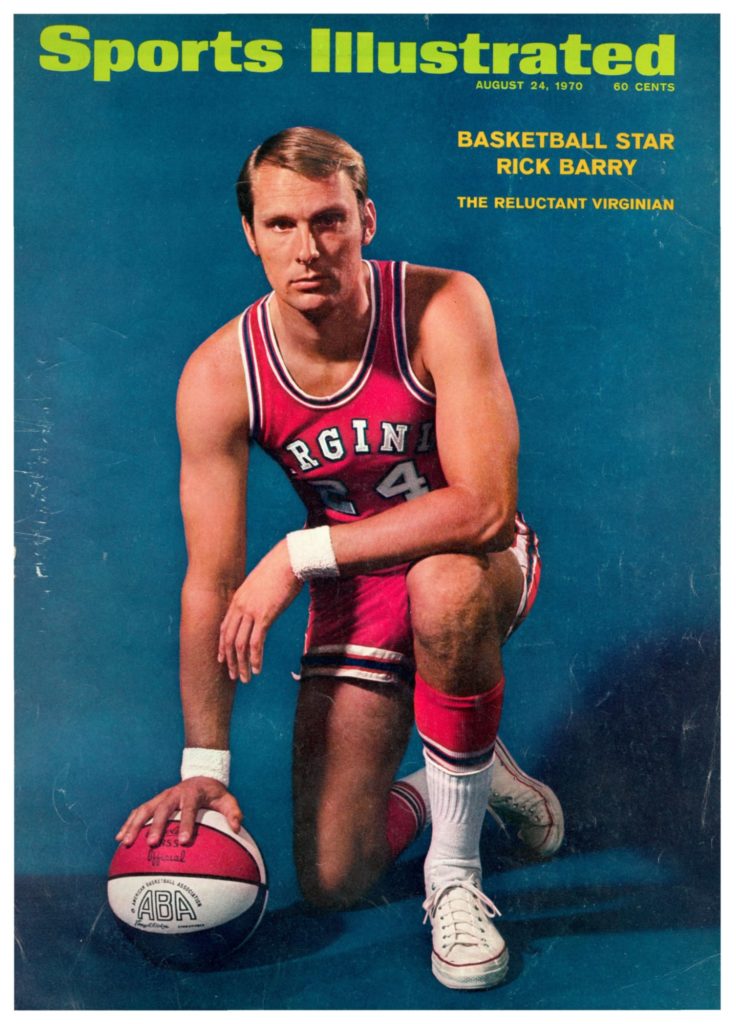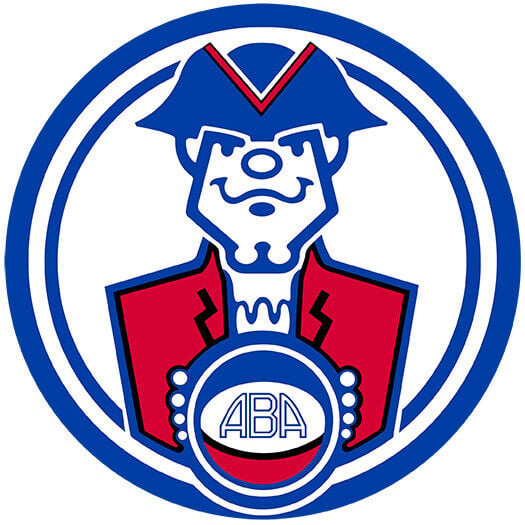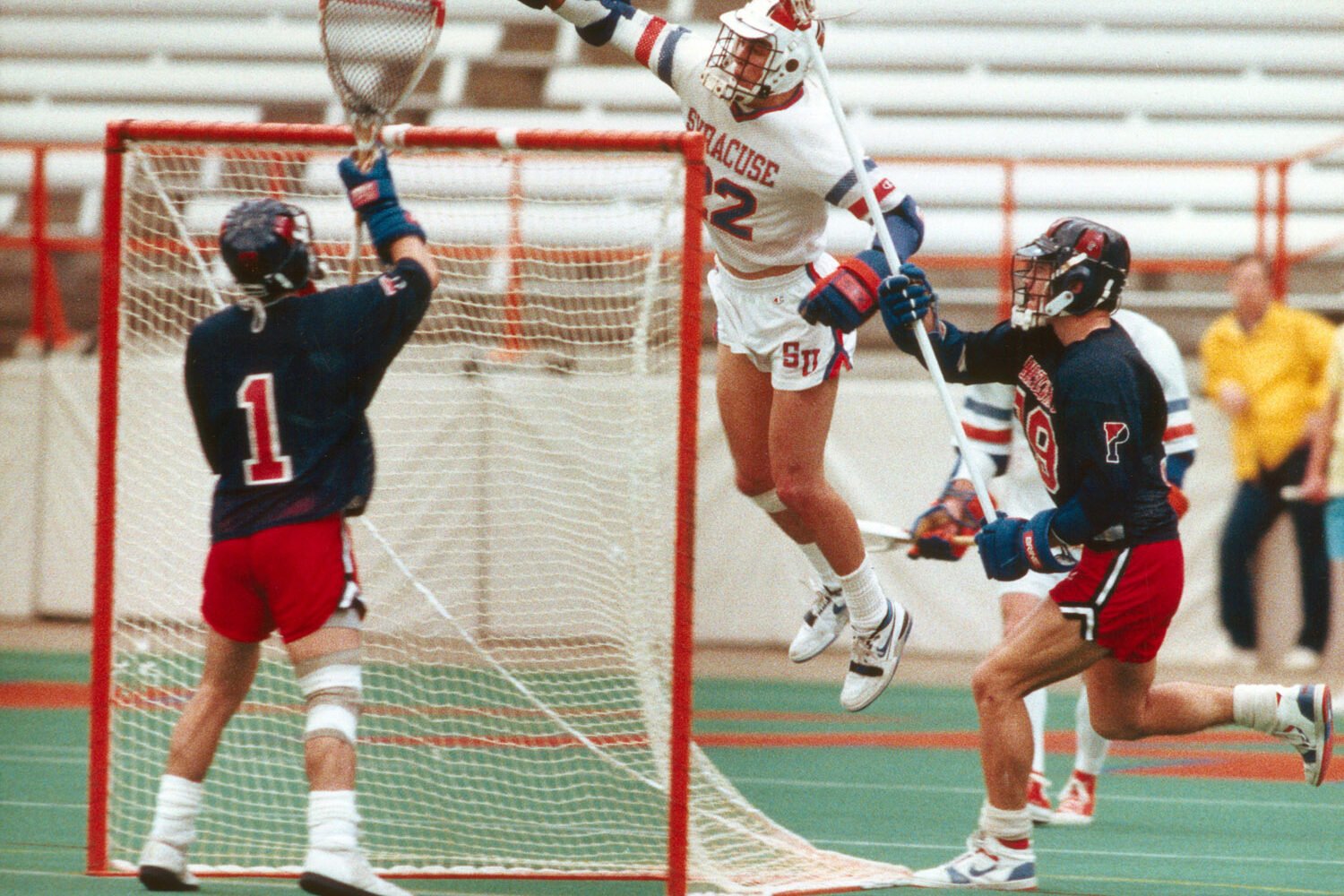If the Washington Capitals and Washington Wizards relocate to Alexandria, they’ll be Virginia’s only pro teams in any of the four major professional leagues. The state is the 12th largest in the US and the biggest without a team in the NFL, NBA, MLB, or NHL.
But Virginia did, long ago, have the Virginia Squires.
The Squires played in the American Basketball Association, a professional league that used a red, white, and blue ball and popularized the slam-dunk contest and three-point shot before merging with the National Basketball Association in 1976. The team’s biggest star was Julius “Dr. J” Erving, and, well, that’s nearly all the good stuff you can say about the Virginia Squires.
The Squires began as the Oakland Oaks, who spent two frustrating seasons in the Bay Area before Earl Foreman, who had several adventures in ownership stakes of DC teams—including the Washington Whips soccer team (who were actually Scotland’s Aberdeen FC) and the Baltimore Bullets—bought the team and moved them to Washington, where they played one season in 1969 as the Washington Caps. Little went right for the Caps: They had to play in the ABA’s Western conference despite being located on the East Coast; star player Rick Barry refused to play in DC until a court ordered him to; Foreman’s tepid sales pitch to fans nervous about attending games at the Washington Coliseum (he said the neighborhood was “no worse than the neighborhoods in 50 percent of the District”) resulted in generally low attendance at home games. “I just don’t think this team can make it in this area,” Barry told the Washington Post in April 1970.
Foreman next moved the team to Virginia, where they would play as the Squires. Barry celebrated the move by giving an interview to Sports Illustrated in which he discussed why he didn’t want to play in Virginia. “My son Scooter is supposed to go to nursery school this year,” he said. “I don’t want him to go down there to school and learn to speak with a Southern accent.” The Squires traded him to the New York Nets the following week.

The team was nominally based in Tidewater, but it played “home” games in Richmond and Roanoke as well. As the New York Times wrote in 1976, the Squires’ demonstrated a talent for having “signed, then lost some of the finest talent in pro basketball.” Among them: George Gervin, Charlie Scott, and Erving.
Dr. J later grew to resent his deal with the team, saying his agent didn’t get enough money for him. The following season, three teams claimed him—the NBA’s Atlanta Hawks, with which he’d signed a five-year deal; the NBA’s Milwaukee Bucks, which drafted him (the ’70s were weird); and the Squires, who prevailed in court after agreeing to sell Erving’s rights to the Nets the next year, buying themselves another unhappy star in the meantime.
Foreman’s original dream was to make a fortune when the ABA inevitably merged with the NBA: “we weren’t making money,” he told Virginia Living. “We were funding it and waiting for a merger.” But in 1974, he sold the team to Van Cunningham, who he described as “some guy in the sandwich business,” and 56 local investors. The team repaid the new owners by winning 15 games in its penultimate season, a feat it repeated the next year as it changed coaches four times.
In May 1976, the ABA canceled the Squires after they missed salary payments to players and an assessment payment to the league. The league merged with the NBA the next month. “The people in charge of the Squires at the end didn’t know what they were doing,” Foreman told Virginia Living. “If I had been in charge when the merger happened, Virginia would have an NBA franchise today.” Foreman died in 2017, six years before another Virginia NBA team became a real possibility.


















